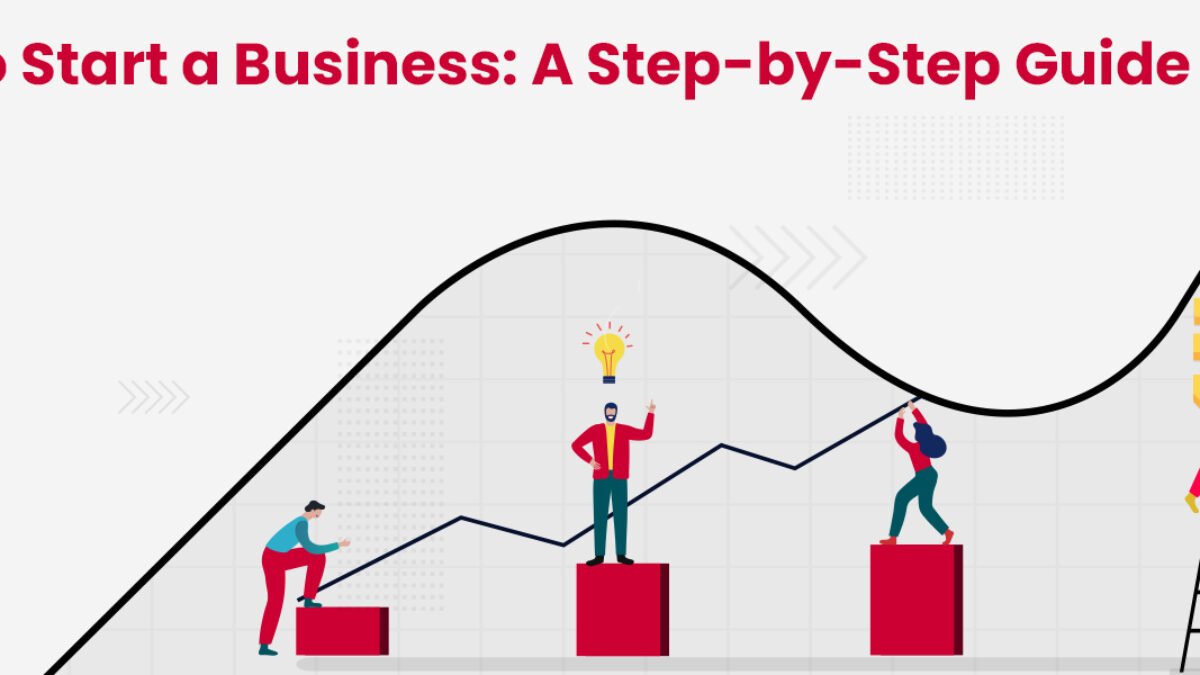Better Business Bureau (BBB): What It Is and Why It Matters for Your Business
The Better Business Bureau (BBB) is a non-profit organization that aims to foster trust between businesses and consumers. Established in 1912, the BBB helps businesses build strong reputations by promoting ethical business practices and providing consumers with a reliable source of information to make informed decisions. In today’s competitive market, the BBB is crucial in maintaining transparency, ensuring businesses uphold high standards, and empowering consumers to hold companies accountable.
What is the Better Business Bureau?
The BBB is an independent, non-governmental organization that operates in the United States, Canada, and Mexico. Its primary purpose is to advance marketplace trust by encouraging businesses to follow ethical standards, provide excellent customer service, and maintain transparency in their dealings with consumers.
BBB Accreditation: What Does It Mean?
One of the most significant features of the BBB is its accreditation process.
- A Commitment to Make a Good Faith Effort to Resolve Consumer Complaints: Accredited businesses must be willing to address customer complaints promptly and fairly.
- Honesty in Advertising and Selling: The business must provide truthful and accurate information in all marketing materials and avoid misleading or deceptive advertising.
- Transparency in Business Practices: The business must operate with transparency and provide customers with clear and accessible information about its services and pricing.
- Compliance with Local, State, and Federal Laws: Accredited businesses must adhere to all applicable laws and regulations in their industry.
- No Unresolved Complaints: The business must resolve any complaints filed by customers to the BBB’s satisfaction.
A BBB accreditation is a valuable badge of trust for any business.
BBB Ratings: Understanding the Scale
The BBB rating system is designed to help consumers quickly assess the reputation of a business. The ratings range from A+ to F, with A+ being the highest and F being the lowest.
The factors that determine a BBB rating include:
- The business’s complaint history with the BBB (how quickly and satisfactorily complaints have been resolved)
- The time the business has been operating
- The business’s transparency in responding to and resolving issues
Benefits of BBB Accreditation for Your Business
- Builds Trust with Customers: Consumers are more likely to trust and purchase from a BBB-accredited business. Trust is one of the most valuable assets any business can have.
- By maintaining a high rating, your business will stand out among competitors and position itself as a reputable player in your industry.
- Access to Tools and Resources: Being a part of the BBB provides access to a variety of business-building tools, resources, and training.
- Better Handling of Complaints: One of the key benefits of being part of the BBB is having access to a structured system for resolving customer complaints. The BBB mediates between businesses and consumers, helping you address concerns and resolve disputes effectively, which can lead to higher customer satisfaction and retention.
- Online Presence and Visibility: BBB-accredited businesses are listed on the BBB website, which receives millions of visitors. Being featured on this trusted platform increases your visibility and enhances your online reputation.
- Competitive Edge: In industries where consumers are often overwhelmed with choices, a BBB accreditation can differentiate your business from competitors.
BBB Accreditation vs. BBB Rating
- Accreditation is about meeting the BBB’s ethical standards and being committed to resolving customer issues.
The BBB Complaint Resolution Process
One of the core functions of the BBB is providing a platform for consumers to file complaints and seek resolution. Here’s how the BBB complaint process works:
- The complaint is reviewed, and the business is given a chance to respond.
- They will help facilitate communication between the business and the customer, seeking a fair resolution.
- This ensures a fair and balanced approach to business-consumer relationships.
How to Maintain a Good BBB Rating
- Respond Promptly to Complaints: Ensure that you address customer complaints quickly and professionally. Being responsive demonstrates your commitment to customer satisfaction.
- Be Transparent: Always be clear about your products, services, pricing, and any potential issues. Transparency helps build trust and prevent misunderstandings that could lead to complaints.
- Encourage Reviews: A solid BBB rating relies heavily on customer feedback. Encourage your satisfied customers to share their experiences, and address any negative reviews constructively and positively.
- Follow Ethical Practices: Operate your business with honesty and integrity. Ensure that your marketing materials, sales practices, and customer interactions reflect your commitment to doing business ethically.














Post Comment